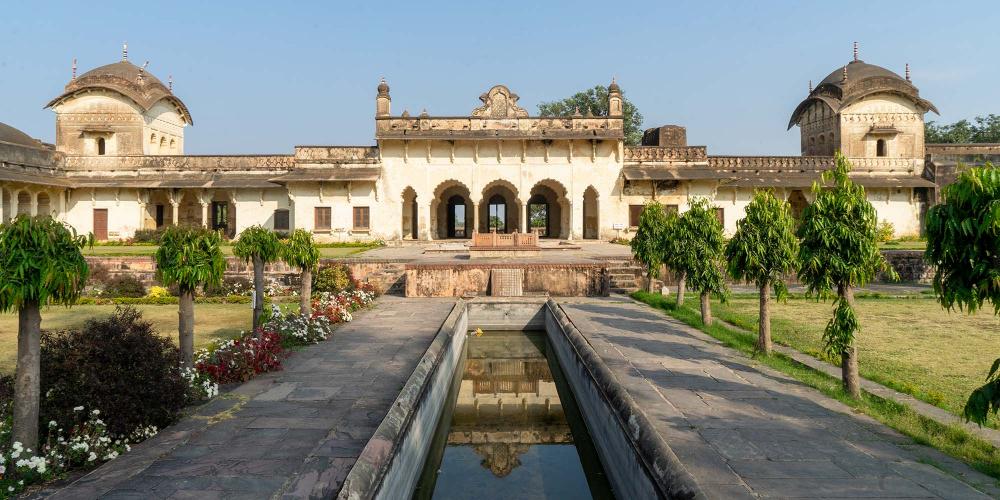

The charming city of Bhopal, renowned for its natural beauty and historical landmarks, houses the magnificent Islam Nagar Fort. The fort is situated approximately 11 kilometers from the city center of Bhopal, Madhya Pradesh, and stands as a testament to the rich heritage of the region. The history of tourism at Islam Nagar Fort is interwoven with the city's evolving cultural tapestry and the fort’s historical significance.
Established by Dost Mohammed Khan, the founder of the Bhopal State, in the early 18th century, Islam Nagar was originally conceived as the first capital of the Bhopal principality. Years later, the capital was moved to Bhopal, but Islam Nagar remained a symbol of the early Nawabi architecture and the pre-colonial princely state's grandeur.
The fort gained attention for its remarkable fusion of both Mughal and Afghan architectural styles, best exemplified by two notable structures within its precincts: the Rani Mahal and the Chaman Mahal. The Chaman Mahal, especially, has been a focal point for visitors with its impressive open court and surroundings.
Tourism at Islam Nagar Fort started to gain momentum as India’s overall tourism industry flourished. The state of Madhya Pradesh has long been promoting its historical and natural sites, and as a result, sites like Islam Nagar Fort began to receive more visibility. The fort's proximity to Bhopal, which has its own airport and rail connections, has made it an accessible destination for travelers.
In recent decades, enhanced conservation efforts and the promotion of heritage tourism have brought an increased number of national and international tourists to Islam Nagar Fort. The historical narratives and picturesque backdrops have become a particular draw for those keen on photography and experiencing the regal past of India.
With the rise of digital media and online platforms, the latest trend in tourism at Islam Nagar Fort gears towards virtual exposure and storytelling. Engaging social media campaigns and virtual tours have played a significant role in attracting young travelers and history enthusiasts to the site.
Eco-tourism and sustainable travel practices have also influenced the tourist influx to Islam Nagar Fort. Visitors are increasingly drawn to the site for its serene environment, away from the urban hustle, providing a perfect blend of history and nature.
In addition, the local government and tourism agencies have been organizing cultural festivals and events at Islam Nagar, which serve both to celebrate the area's history and to foster a sense of community and belonging among visitors and locals alike.
The tourism history of Islam Nagar Fort is deeply connected with the broader narrative of Bhopal's evolution as a cultural hub. With ongoing preservation efforts, the fort remains a proud symbol of the region's illustrious past and a continuously burgeoning tourist destination within Madhya Pradesh. The blend of architectural beauty, historical importance, and the natural serenity of the surroundings continue to make Islam Nagar Fort a key attraction for those seeking to experience the soul of Bhopal.